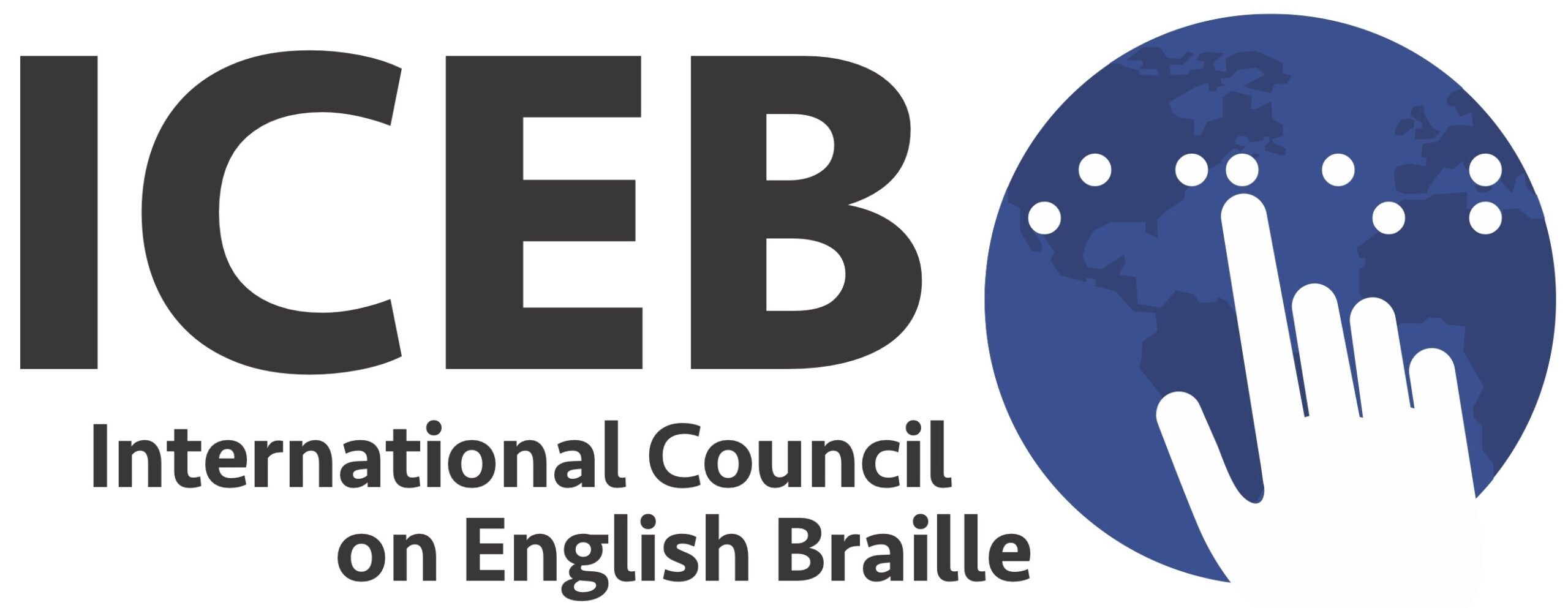
ICEB compiles adult braille instruction resources from across English-Speaking countries
August 11, 2021 — The International Council on English Braille (ICEB) recognizes that as the global population continues to age, there is a growing prevalence of adults and older adults who experience vision loss later in life and who would benefit from braille instruction. For almost 200 years, braille has continued to level the playing field for blind people around the world. Adults use braille for functional tasks such as labeling household items, writing phone numbers and lists, personal record-keeping, engaging in leisure activities, reading elevators and public signage. Braille is also vital for more extensive reading tasks in education and employment. Braille provides blind adults with greater privacy, allowing them to access personal information without the assistance of others. Adults can and do learn braille, but there is a need to better understand the current state of available resources for adult braille learners.
Practitioners in English-speaking countries are developing and using innovative tools to support adult braille learners and it is important that we share this with others, explains Dr. Natalie Martiniello, Chair of the ICEB Research Committee. There are also gaps in adult braille learning that need to be addressed as we prepare for the future. The first step is compiling what is already available. ICEB is committed to facilitating this process alongside others from around the English-speaking world.
A list of available curricula and learning resources for adults will be compiled and made publicly available on the ICEB website. ICEB invites both individuals and organizations to share information about the learning tools being used to teach braille reading and writing to adults in their respective countries. This includes:
names of organizations that provide adult braille instruction in different English-speaking countries
information about textbooks for adult braille learners and/or available self-paced curricula
adult braille assessment guidelines and resources
available websites, games and other strategies used to teach braille to adults
information about workshops and courses on teaching braille to adults designed for practitioners
peer-support programs for adult braille learners in English-speaking countries
If you have information or items to contribute to this list, or to learn more, please write to info@iceb.org
The International Council on English Braille (ICEB) was formed in 1991 and provides a forum for international cooperation among those countries that use English-language braille by assisting countries to establish standard-setting bodies in relation to braille codes and practices; working towards the development and adoption of international minimum standards for the production and teaching of braille; and facilitating the exchange of braille materials between member countries. Its members currently include braille authorities from Australia, Canada, Ireland, New Zealand, South Africa, the United Kingdom, and the United States. To learn more about ICEB, visit http://www.iceb.org or write to info@iceb.org.
